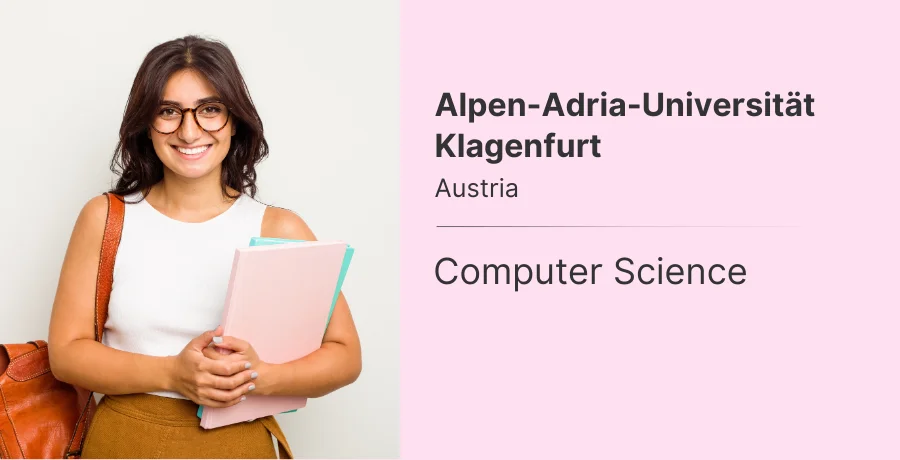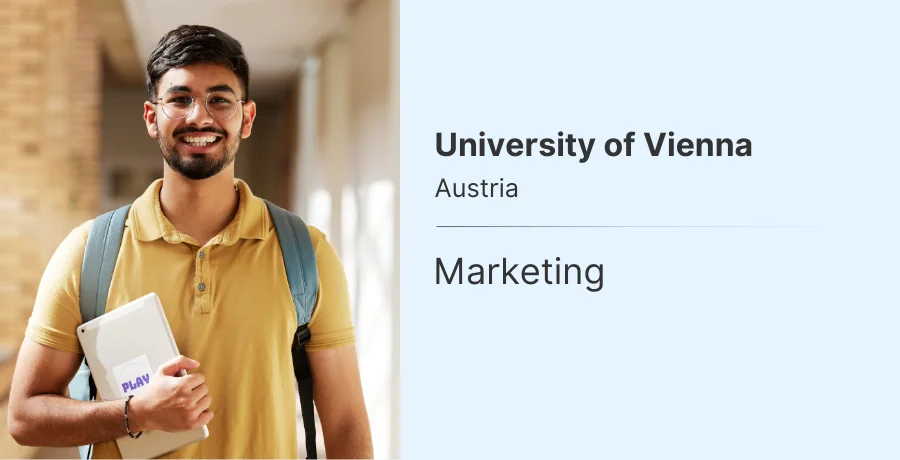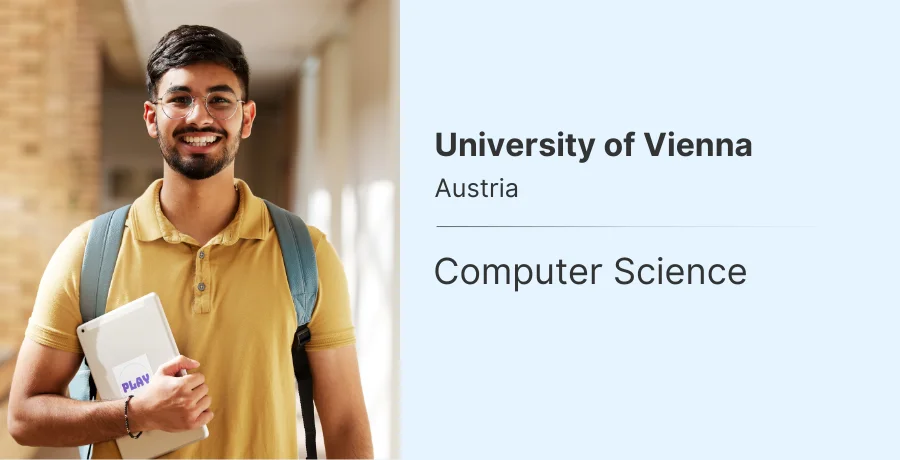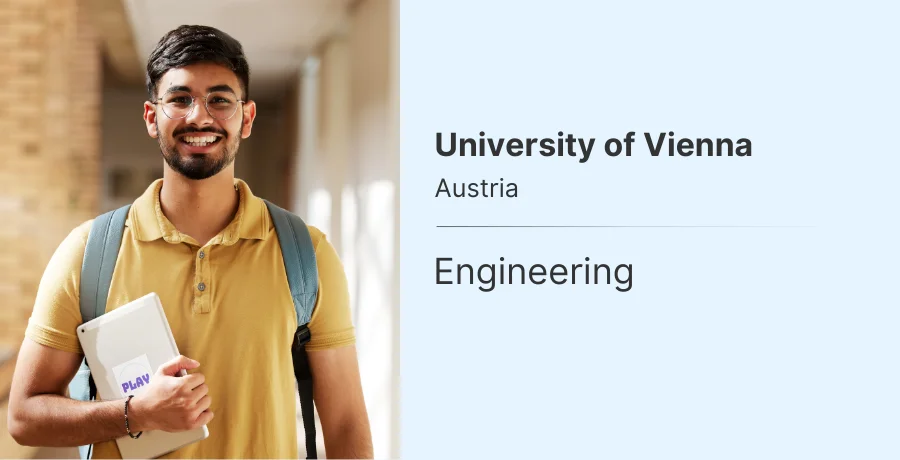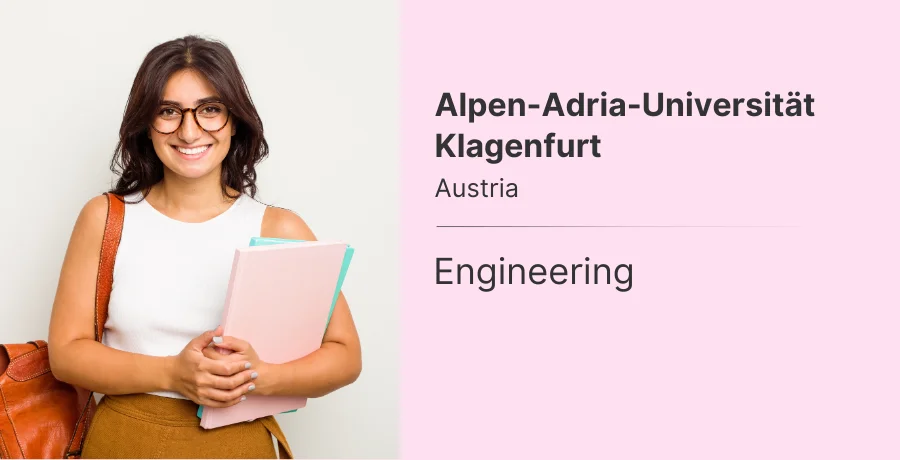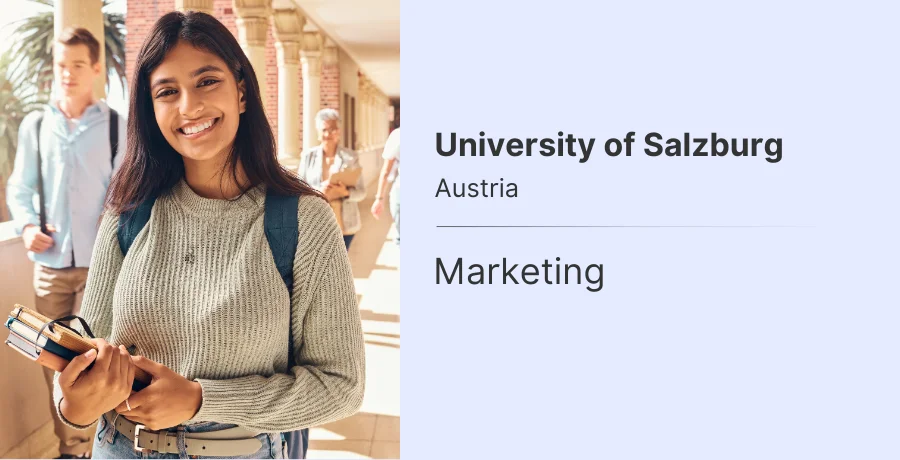Health University of Applied Sciences Tyrol
Highlights of Health University of Applied Sciences Tyrol
Health University of Applied Sciences Tyrol, located in Innsbruck, Austria, is renowned for its focus on health-related disciplines, offering specialized and high-quality education in health sciences, rehabilitation, and medical technologies. It aims to equip students with practical skills to excel in the healthcare industry.
- Established: Founded in 2006
- Student Population: Over 1,000 students
- Programs Offered: Medical Technology, Physiotherapy, Midwifery, Nursing, Occupational Therapy, and Radiology Technology
- Focus Area: Practical training in modern healthcare settings with strong connections to local hospitals
- Scholarships: Limited scholarships and financial aid available for eligible students
Rankings of Health University of Applied Sciences Tyrol
Although a smaller, specialized university, Health University of Applied Sciences Tyrol is known for producing healthcare professionals who are highly sought after in the Austrian healthcare system and internationally.
- National Ranking: Among the top universities in Austria for healthcare and applied sciences
- International Recognition: Known for practical expertise in medical technology and healthcare education
Location and Campus of Health University of Applied Sciences Tyrol
The university is located in the picturesque city of Innsbruck, offering a conducive environment for both academic pursuits and leisure activities.
- City Overview: Innsbruck is a famous hub for winter sports and alpine tourism, known for its breathtaking landscapes and historical sites
- Campus Facilities: Modern healthcare labs, simulation centers, libraries, and research facilities designed to provide students with hands-on training
- Connectivity: Well-connected by public transport, with easy access to healthcare facilities for practical learning
Admissions for Health Programs at Health University of Applied Sciences Tyrol
Admission to the university is competitive, with students required to meet specific academic and language proficiency standards.
- Application Deadlines:
- Winter Semester: March 15
- Summer Semester: November 15
- Application Process: Requires online application, submission of academic transcripts, CV, and English/German proficiency scores
- Eligibility: High school diploma or equivalent for undergraduate courses, relevant bachelor’s degree for graduate courses
Eligibility Criteria for Health Programs at Health University of Applied Sciences Tyrol
The university focuses on practical skills and academic excellence, requiring a solid academic foundation in relevant subjects for health programs.
- Undergraduate Programs: High school diploma, entrance exam for medical-related fields
- Graduate Programs: Bachelor’s degree in a related field, preferably with work experience
- Language Proficiency: German language skills are essential for most programs (B2 level or higher)
Cost of Tuition Fees at Health University of Applied Sciences Tyrol
| Program | Annual Tuition (Local Students) | Annual Tuition (International Students) |
|---|---|---|
| Undergraduate Programs | €363 | €1,500 |
| Graduate Programs | €363 | €1,500 |
Cost of Living for Students in Innsbruck
Living in Innsbruck is moderately expensive compared to other cities in Austria, but offers high quality of life, with students enjoying a variety of recreational and academic facilities.
| Expense | Monthly Estimate |
|---|---|
| Accommodation | €400 - €600 |
| Food and Groceries | €200 - €300 |
| Public Transport | €30 - €50 |
| Miscellaneous | €100 - €150 |
| Total Monthly Cost | €730 - €1,100 |
Accommodation for Students at Health University of Applied Sciences Tyrol
While the university does not offer on-campus housing, students can find various off-campus accommodations in Innsbruck, including student dormitories and private rentals.
- Student Housing: Shared apartments and dormitories are the most common options, ranging from €400 to €600 per month
- Private Rentals: Available in the city center and nearby suburbs, with slightly higher rental costs
Intakes for Health Programs at Health University of Applied Sciences Tyrol
The university follows a semester system with two major intakes each year.
- Winter Intake: October
- Summer Intake: March
Acceptance Rate at Health University of Applied Sciences Tyrol
The acceptance rate is moderate, considering the practical nature of the courses and the limited number of spots available in health-related programs.
- Acceptance Rate: Around 50% for popular programs like Physiotherapy and Medical Technology
Scholarships at Health University of Applied Sciences Tyrol
While limited, scholarships are available for high-achieving students and those with financial needs.
| Scholarship Name | Eligibility | Award Amount |
|---|---|---|
| Merit-Based Scholarship | Academic excellence | Up to 50% tuition waiver |
| Need-Based Financial Aid | Demonstrated financial need | Varies based on individual need |
Career Opportunities after Graduation from Health University of Applied Sciences Tyrol
Graduates from Health University of Applied Sciences Tyrol have strong career prospects in Austria and Europe due to the practical skills gained through the university’s hands-on training approach.
- Job Placement Rate: Over 90% of graduates find employment in the healthcare sector within 6 months
- Career Paths: Healthcare, rehabilitation centers, hospitals, medical technology companies, and research institutions
FAQs about Health University of Applied Sciences Tyrol
Q1: What language are the courses taught in?
A: Most courses are taught in German, though some advanced programs may offer English modules.
Q2: Are there scholarships available for international students?
A: Yes, both merit-based and need-based scholarships are available for international students.
Q3: Can I work while studying at the university?
A: Yes, international students can work part-time during their studies, typically up to 20 hours per week.
Q4: What is the admission process for international students?
A: International students must submit an online application, along with their academic records, proof of language proficiency, and any other required documents.
Q5: Does the university offer any practical training?
A: Yes, students gain extensive practical experience through internships and clinical placements at partner hospitals and healthcare facilities.

